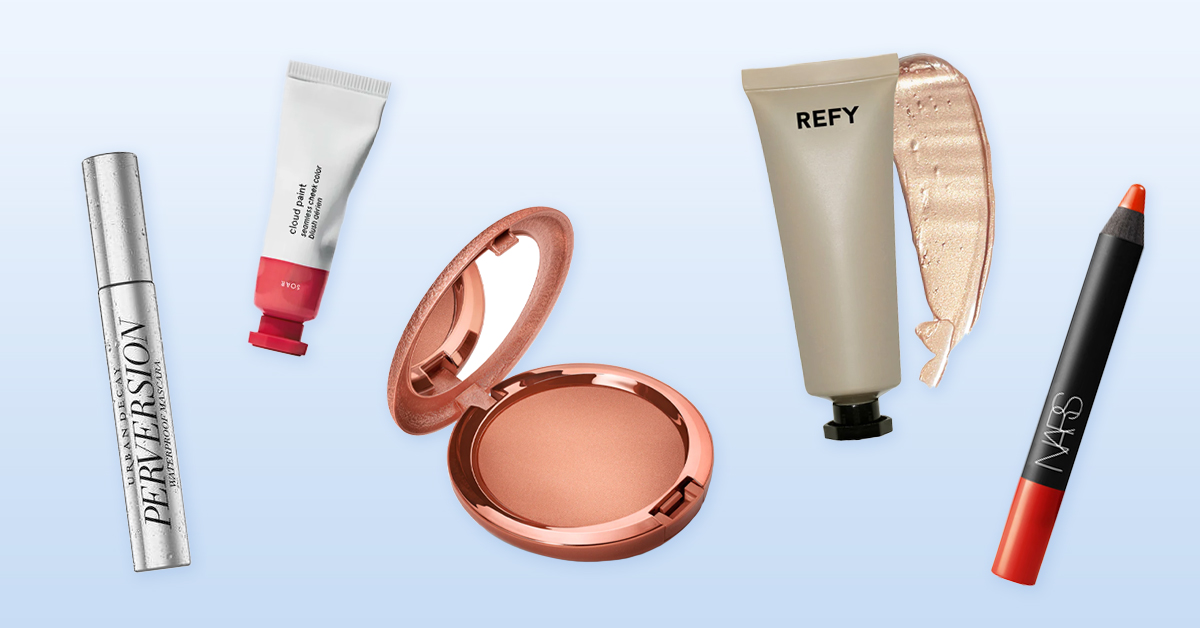Here’s how to get the most from therapy according to a behavioral therapist
If you have ever considered hiring or have hired a therapist, you are among a growing population of individuals reaching out for help. Congratulations! That’s a big step to a healthier and happier you.
But there are many people who enter the therapeutic relationship expecting that getting a therapist will miraculously transform their lives. Even if they don’t expect it to happen overnight, many soon get disappointed that nothing seems or feels different after a few sessions.
Here are some tips on how to avoid falling into the trap of “nothing works” and become more coachable:
1. Get really clear on why you’ve sought out therapy
If you’re like many people, you might enter the therapy space unsure as to why you are there. Maybe someone recommended it. Maybe you’re hoping that your therapist will help you figure out what you need. Maybe you’re doing it because everyone else is doing it. And while those are all valid reasons, one of the biggest disconnects is not really knowing what you are hoping to get out of the relationship. This can lead to unsuccessful outcomes.
The more clear you are with your goals, the easier it will be for your therapist to guide you to the most successful outcomes. Even if you enter the therapy space and learn that there are other aspects to address first, at least you know that you have a goal you would like to achieve.
2. Accept that it is your job, and your job alone, to do the work
Just because you hired a mental health professional doesn’t mean that you don’t have to do any of the work. Often individuals think that showing up to the session is enough. Unfortunately, if you’re not implementing the practices outside of the session, you will not develop the skills and the toolbox needed to create long-lasting changes you are looking for. If your therapist gives you assignments, homework, journal prompts, etc., it is YOUR job to complete them. Otherwise, you will continue to repeat the same patterns, and the path to healing will likely take much longer than you expect. If you are finding yourself avoiding the work, or feel resistance around it, ask yourself why— it might give you insight and more clarity about what you’re hoping to get out of therapy.
3. Allow yourself to suck at something new…for a while
Another mistake people make when entering the therapy space is expecting that they will “nail it” right away. This mindset can really hinder your progress, especially if you struggle with perfectionism. Understand that regardless of how much insight you might have into your challenges and issues, the process of unpacking, breaking old patterns, and rewiring your brain are all brand new skills. Any time you are learning something new, there will be a learning curve. This means that it is highly likely that you will not “get it right” straight away. Healing is not a linear process. Not only are you allowed to make “mistakes,” it is highly encouraged. Why? Because that is how we learn and grow. And it gets easier with practice.
Remember that you are responsible for your own healing
Hiring a mental health professional to help you get started and guide you through your healing journey takes courage, humility, and strength. It also requires a whole lot of self-compassion and grace. It is not easy to face your challenges, especially if you have spent years avoiding or being ignorant of them. Understanding that you are responsible for your own healing is a powerful first step toward getting what you want out of therapy.
Aleks Zavlunova is a Licensed Behavior Therapist and Personal Development coach who specializes in Holistic Behavioral Health — a system she created that combines principles of Behavioral Psychology with other philosophies and practices of mental, physical, and spiritual health to teach you the skills you need to unlearn your self-destructive patterns, break through conditioned beliefs, stop engaging in self-sabotaging and people-pleasing behaviors, and replace them with practices of self-love, self-compassion, healing, and growth.
















